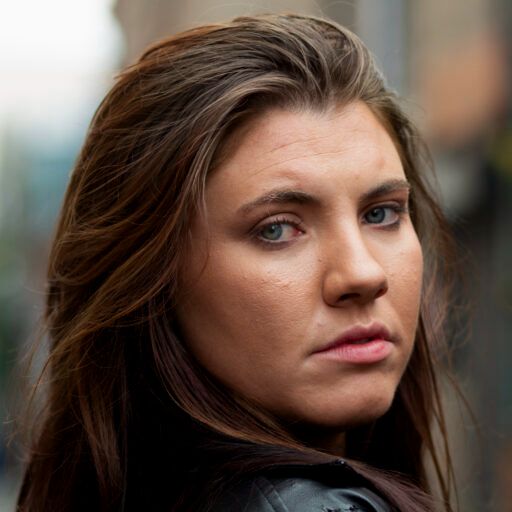
“I KNEW immediately he wasn’t going to get (a custodial sentence), nothing was going to happen, that a suspended sentence was the only thing going to happen. To me, it’s like … that’s normal.”
Those are the words of Anne O’Brien, mother of Limerick woman Natasha O’Brien, reacting to the controversial suspended sentence of former Irish soldier Cathal Crotty after attacking her daughter, during this week’s RTÉ documentary Natasha.
22-year-old Crotty assaulted Natasha O’Brien in a widely reported violent attack in Limerick City in 2022 after she told him to stop shouting homophobic abuse on an open city street.
The case hit national headlines, with public outcry focusing on the suspended sentence handed down upon the former soldier.
Mr Crotty, following the case, was discharged from the Irish Army, and an appeal by the Director of Public Prosecutions (DPP) was subsequently lodged around his sentence.
The Court of Appeals this January ruled that a three-year suspended sentence for the attack was unduly lenient, and jailed Crotty for two years.
The documentary, described as powerful and intimate, follows Natasha in the aftermath of the violent attack and her attempts to transform her trauma into activism.
The list of injuries inflicted upon Ms O’Brien by Crotty were extensive, including a swelling to her head, cheek, jaw, and eyes, as a well as a broken noise and bruises on her hips, legs, arms, and back.
“The most frightening and maybe life-changing injury was my concussion,” Natasha revealed in the documentary.
“My GP alerted me that I was very high risk for brain bleed with all my symptoms and that there was a potential for the injury still to be fatal.”
The list of injuries inflicted on the Limerick woman serves as a sobering reminder that the epidemic of violence against women is not going away.
Figures from the latest annual impact report from charity Women’s Aid showed that all forms of abuse against women have risen, including physical abuse (up 22 per cent), sexual abuse (30 per cent), emotional abuse (15 per cent), and economic abuse (5 per cent).
Overall, 32,144 contacted the service in 2024, up 12 per cent compared to the previous year and the highest in the organisation’s 50-year history.
The documentary gives viewers a raw glimpse into what life has been like for Natasha after the attack and the challenges she faced personally and within the legal system.
During a call to the DPP’s Victims Liaison Unit, Natasha explains how she found out through the media about her attacker appealing his sentence.
Calls have since been made to introduce clearer sentencing guidelines for Irish judges, including by Labour leader TD Ivana Bacik, who featured in the documentary.
Speaking in the Dáil shortly after the suspended sentence was handed down, Deputy Bacik remarked how “far too many victims and survivors speak about an experience of re-victimisation, re-traumatisation through the courts”.
Despite the difficulties, the documentary shows Natasha as defiant, a trait she has frequently fought with herself about.
“I spent time wishing that I was different and wishing that I wasn’t the way that I am and I wasn’t this person. ‘Cause if you were the kind of person that would keep your head down and say nothing, this wouldn’t have happened to you,” she explained.
“It hurt to be this person. I don’t make my life easy by keeping my head up and speaking my mind.”
Natasha captures the complex emotions victims of gender-based violence experience, in particular, the guilt Natasha says she felt when her attacker was finally handed down a two-year jail sentence.
She spoke about the need for more restorative justice in Ireland, which would have meant she could have spoken with Mr Crotty.
This, among many other things, she makes clear, is now the focus of Ms O’Brien’s future ambitions – activism and advocating for change, particularly when it comes to sentencing guidelines in Irish courts.
The documentary ends at the beach, a safe haven for Natasha, as she submerges herself in the glorious sea-water, with well overdue glimmers of joy and hope for a Limerick lady who, despite the odds, kept her head up and stood her ground.


